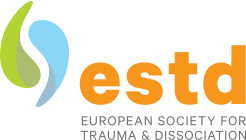This content is for A. High-income countries, B. Low-income countries with EJTD, C. Low-income countries, no EJTD, D. Permanent (honorary members, past presidents), E. Students with EJTD, F . AFTD members, G. Middle income countries with EJTD, and H. Middle income countries, no EJTD members only.
Login Join Now
Login Join Now
